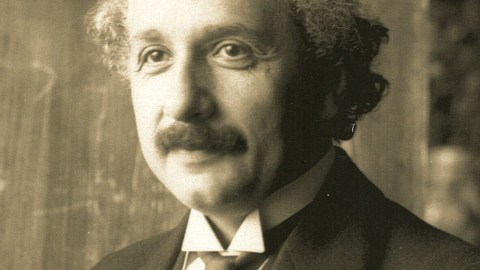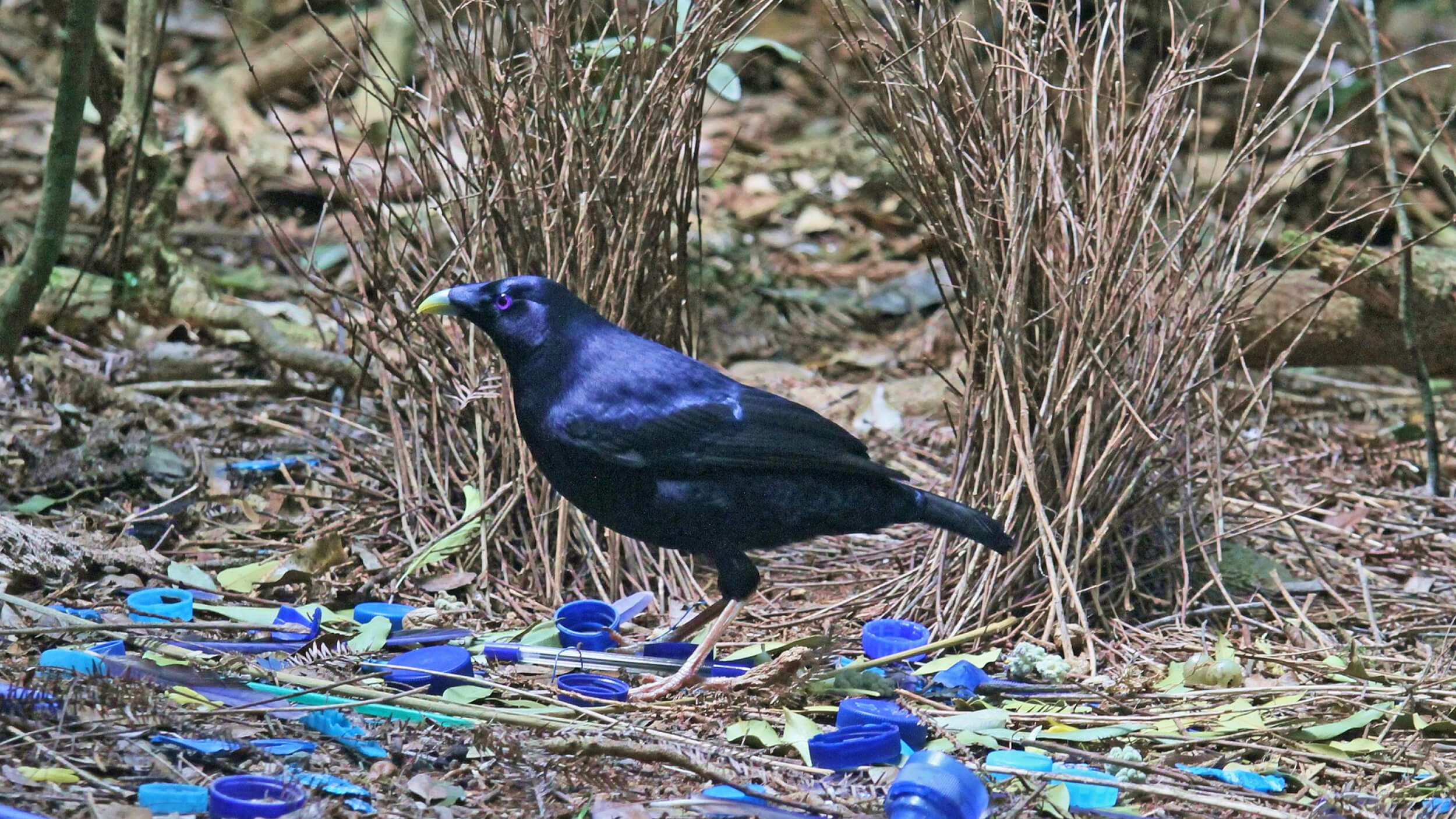It’s Not Too Late for You to Be a Genius

The word genius tends to get thrown around pretty liberally these days, especially when everyone from Bob Dylan to Mike Myers has been tagged with the superlative. But in an age where academics and researchers are looking to decode the genius myth, we’re learning more and more about what quantifies genius and where it comes from. Turns out you could have been a real genius at some point.
Journalist David Shenk attempts to debunk the concept of genetic genius in his new book, “The Genius in All of Us,” analyzing cases from Mozart to Michael Jordan. While genes do play some role, Shenk described genius to the New York Times’ Freakonomics blog as “an accumulation of skills.” By that rationale, the idea that genius was something reserved for a small group of genetic anomalies is false. In a word, any number of us could have been and perhaps still can be geniuses. It’s a concept that science is now beginning to back up.
The scientific community has started attesting to the resiliency of the brain in recent years. We now know that simple games targeting brain function can stave off senility and even grow new brain cells. While neuroscientists have begun isolating the parts of the brain that process information, the very concept of genius has become its own cottage industry. With companies touting everything from training regimens to Trivial Pursuit as a means of enhancing brain power, there seem to be a number of real-world activities that can help us become geniuses. But it mostly appears that much of what we think we know about genius is wrong.
The contemporary idea of genius is mostly tied to the Genius Study established in 1928 by Louis Terman at Stanford University. The program, which looked to refine the minds of child prodigies, failed to produce a single Nobel Prize winner. Meanwhile, two Nobel winners (William Shockley and Luis Alvarez) were rejected by this study as children. Now that we have managed to categorically associate genius with other traits like promiscuity, autism, manic depression, and even psychosis, the scientific community seems to have divergent theories about genius as the term itself become diluted. The debate today has mostly been reduced to nature versus nurture.
It appears that genius is wasted on the young. The Genius Study showed that child prodigies didn’t necessarily fulfill the lofty goals foisted upon them. Those who had a eureka moment long after their childhood, like Stephen Hawking, who was well into his twenties before he began to cultivate his genius reputation, tended to fulfill those goals instead. Then again, Malcolm Gladwell points out that most so-called geniuses unveiled their most-famous works both late and early in their careers. This indicates that there is no real timetable on realizing genius, especially considering the variance of contributing factors from case to case. So in the end, we can simply chalk up luck, genetic and otherwise, and a lot of hard work and motivation to what enables our inner genius. Of course, that’s assuming the definition of genius hasn’t changed entirely by now.




